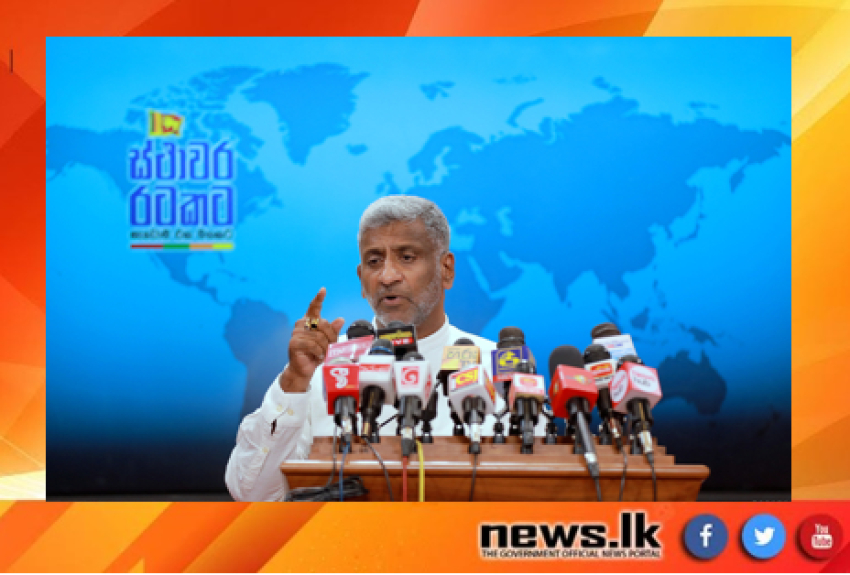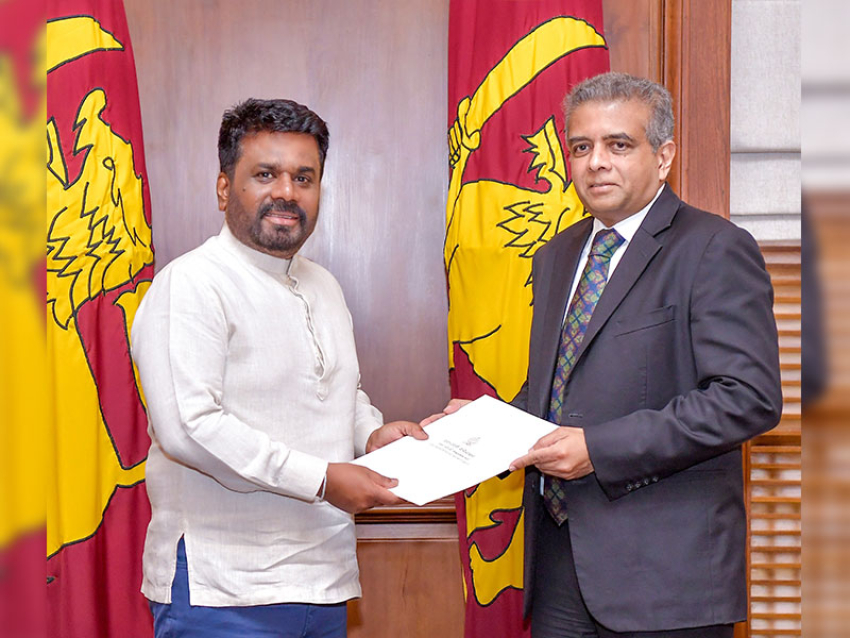The minister disclosed that the draft of the national physical plan has been submitted to President Ranil Wickremesinghe. He further stated that the plan will be reviewed by the public and presented to the cabinet before taking necessary measures for its approval.
Emphasizing the alignment with President Ranil Wickremesinghe’s vision for the country’s development by 2048, Minister Prasanna Ranatunga highlighted that the National Physical Plan will serve as a blueprint for various key development initiatives, including the construction of highways across the country.
Furthermore, the minister revealed that the implementation of this program will commence as a two-year pilot project in the Northern and Eastern provinces, as well as in the districts of Kandy and Nuwara Eliya.
Minister Ranatunga further noted;
“The recent COVID epidemic has plunged the country into a crisis, greatly impacting the construction industry. On-going projects and constructions were halted, and the import restrictions further weakened the sector, leading to a suspension of payments to contractors.
To address the economic situation, President Ranil Wickremesinghe has initiated a short-term and medium-term program. As part of this effort, eight special projects have been revived. Responding to the President’s directive, the construction contract with China for 2,000 houses will commence next week, with a focus on providing affordable housing to low-income earners.
A budget of Rs. 5 billion has been allocated to restart previously halted housing projects. The implementation of these projects will be carried out in phases. As the economy normalizes and investor confidence returns, foreign investors have shown interest in the country. The government has already engaged in discussions with them, giving hope for the recovery of the construction industry.
Given the lack of alternatives, the construction industry is facing significant challenges. The exodus of experienced construction teams seeking opportunities abroad has been detrimental to the country’s development. Our data indicates that over 100,000 individuals have been affected by the collapse of construction activities. Efforts are being made to engage these individuals in future government projects.
Moreover, there has been a lack of control over cement pricing in the past. However, the current situation indicates some regulation in cement prices. The government has decided to import cement from India and Pakistan through the Building Materials Corporation. Arrangements are being made to utilize the imported cement for special projects, which could potentially reduce the price of cement in the country by Rs. 400-500.
President Ranil Wickremesinghe has taken several unpopular decisions in the past to address the welfare of the people and tackle the economic crisis. As a result, the country has experienced normalization, witnessing a decrease in prices of essential goods compared to previous years. Additionally, there is now an adequate stock of fuel in the country. We wholeheartedly support the President’s on-going program.”




















